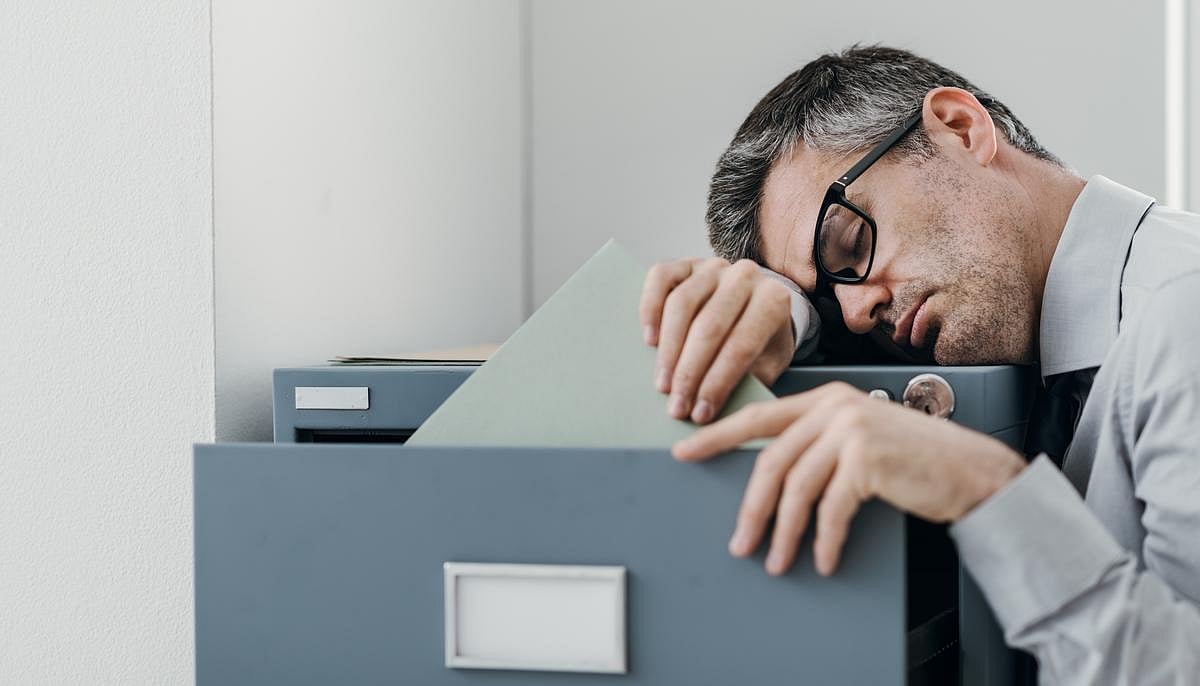Get Healthy!

- Posted October 24, 2024
Bad Sleep in Middle Age Unhealthy for Aging Brains
If you're in your 40s or 50s and have trouble getting and staying asleep, that's not a good sign for brain health as you age, new research suggests.
“Our study, which used brain scans to determine participants’ brain age, suggests that poor sleep is linked to nearly three years of additional brain aging as early as middle age," said study lead author Clémence Cavaillès, of the University of California, San Francisco (UCSF).
The research was funded by the National Institute on Aging and was published Oct. 23 in the journal Neurology.
The UCSF team focused on 589 people who averaged about 40 years of age at the beginning of the study. Everyone filled out questionnaires on their sleep patterns at age 40 and then again at about age 45.
Questions included, “Do you usually have trouble falling asleep?” “Do you usually wake up several times at night?” and “Do you usually wake up far too early?”
Survey replies led the researchers to draw up 6 poor sleep characteristics:
short sleep duration
bad sleep quality
difficulty falling asleep,
difficulty staying asleep
early morning awakening
daytime sleepiness
At about age 55, everyone underwent brain scans to gauge how well their brains were aging.
After adjusting for potential confounding factors such as age, sex, high blood pressure and diabetes, Cavaillès' team found that folks with four or more of the poor sleep characteristics had brains that were 2.6 years "older," on average, than the brains of people with none or only one of the characteristics.
For people with two or three of the bad sleep characteristics, brains averaged 1.6 years older by the age of 55 compared to those with none or only one of the characteristics.
Still, the study only showed associations and couldn't prove that poor sleep directly ages the brain.
However, "our findings highlight the importance of addressing sleep problems earlier in life to preserve brain health, including maintaining a consistent sleep schedule, exercising, avoiding caffeine and alcohol before going to bed and using relaxation techniques,” said study co- author Dr. Kristine Yaffe, vice chair of research in psychiatry at UCSF.
“Future research should focus on finding new ways to improve sleep quality and investigating the long-term impact of sleep on brain health in younger people," she said in a journal news release.
More information
There are tips to better sleep at the Sleep Foundation.
SOURCE: American Academy of Neurology, news release, Oct. 23, 2024





